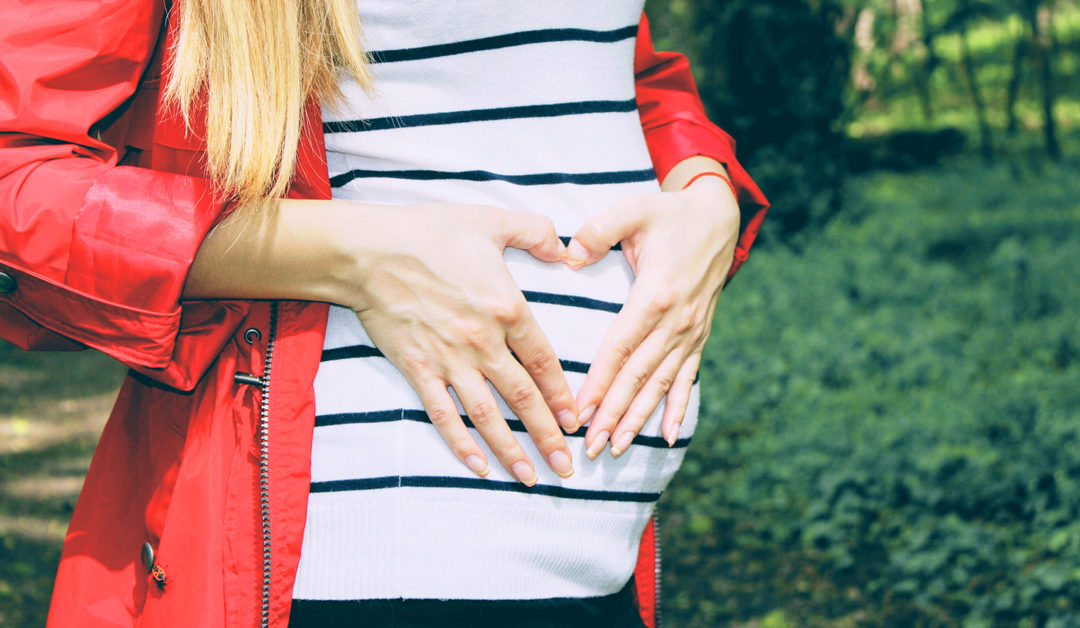During pregnancy, a woman’s body changes in many ways to allow them to grow a big, strong and healthy baby. For most women, it is an incredible experience despite the toll that it pays on their bodies.
What is Diastasis Recti Abdominis Muscle?
One of the common concerns for women in pregnancy and after childbirth is diastasis recti abdominis muscle (DRAM), also known as abdominal/tummy/stomach separation. During and after pregnancy this is completely normal and around two thirds of women will experience it. The good news is, there are ways to manage and treat abdominal separation.
What Causes Abdominal Separation?
During pregnancy as your belly grows the ligament that holds your abdominal muscles together thins and widens. This connective tissue gets stretched out and allows your ‘six pack’ to separate vertically down your midline. This separation can cause risk factors post pregnancy. Sometimes the tissue heals, and the muscles come back together after delivery or when your hormone levels regulate. However, if it doesn’t, you may require treatment to reduce the gap.
How Can I Prevent Abdominal Separation?
During pregnancy it is important to move in ways that are functionally correct, putting less stress on the abdominal wall, avoid heavy lifting, keep your deep core strong and discontinue activities where you can see the separation or a ‘doming’ of the abdomen. One of the biggest risk factors for abdominal separation can simply be the technique you use for getting in and out of bed. At Sandgate Physical Health Clinic, we have a Physiotherapist who has a special interest in women’s health. If you are pregnant and are concerned or unsure how to activate your deep core or move with good functional movement patterns our women’s health physio can guide you through these exercises to help prevent or reduce your abdominal separation.
How Can I Tell If I have Abdominal Separation?
If you don’t get checked in hospital after having your baby, you can test for separation yourself. You can do this as soon as you feel able to after having your baby. When testing, it is important to measure the gap between the muscles, but also the tension of the fascia i.e. is there resistance or do your fingers sink deep into your stomach.
- Lie on your back, with your knees bent and your feet flat.
- Place the palm of your hand face down on your tummy, with your fingers pointing toward your toes.
- Press your fingers gently into your navel area then slowly lift your head, drawing your chin to your chest. This will cause your abdomen to contract.
If you feel a gap at least two fingers wide between the muscles as they contract, you have abdominal separation. A four or five finger gap is considered severe. Repeat below and above your belly button as the separation may be wider in different parts of your midsection.
Managing Abdominal Separation After Pregnancy
It is important to treat abdominal separation post pregnancy to avoid becoming at risk of poor core strength, back pain, pelvic floor issues and even a hernia. Other health complications include urinary incontinence, constipation, pain during sex, and pelvic or hip pain.
Here are some tips to help with your abdominal separation:
- Avoid lifting anything heavier than your baby.
- Roll onto your side and push up with your arm instead of ‘sitting up’ from lying on your back. This is much kinder to your abdominals whilst they are recovering.
- Choose gentle exercises that strengthen the deeper stomach muscles.
- Skip activities and movements that can make abdominal separation worse, such as sit-ups.
Here are some helpful videos with our Pelvic Health Physio Jess!
VIDEO 1 – How to get in and out of bed correctly
VIDEO 2 – Exercise – Dynamic Planks
Who Can Help?
If you have abdominal separation the sooner you start to address the separation, the better your outcome can be. It is important that you seek guidance from a Physiotherapist who has additional training in Women’s Health.
At Sandgate Physical Health Clinic, we have our very own Pelvic Health Physiotherapist, Jess, who has a special interest in women’s health issues. Jess can determine an individualised exercise program to assist your recovery and discuss which exercises/activities to minimise or avoid.

